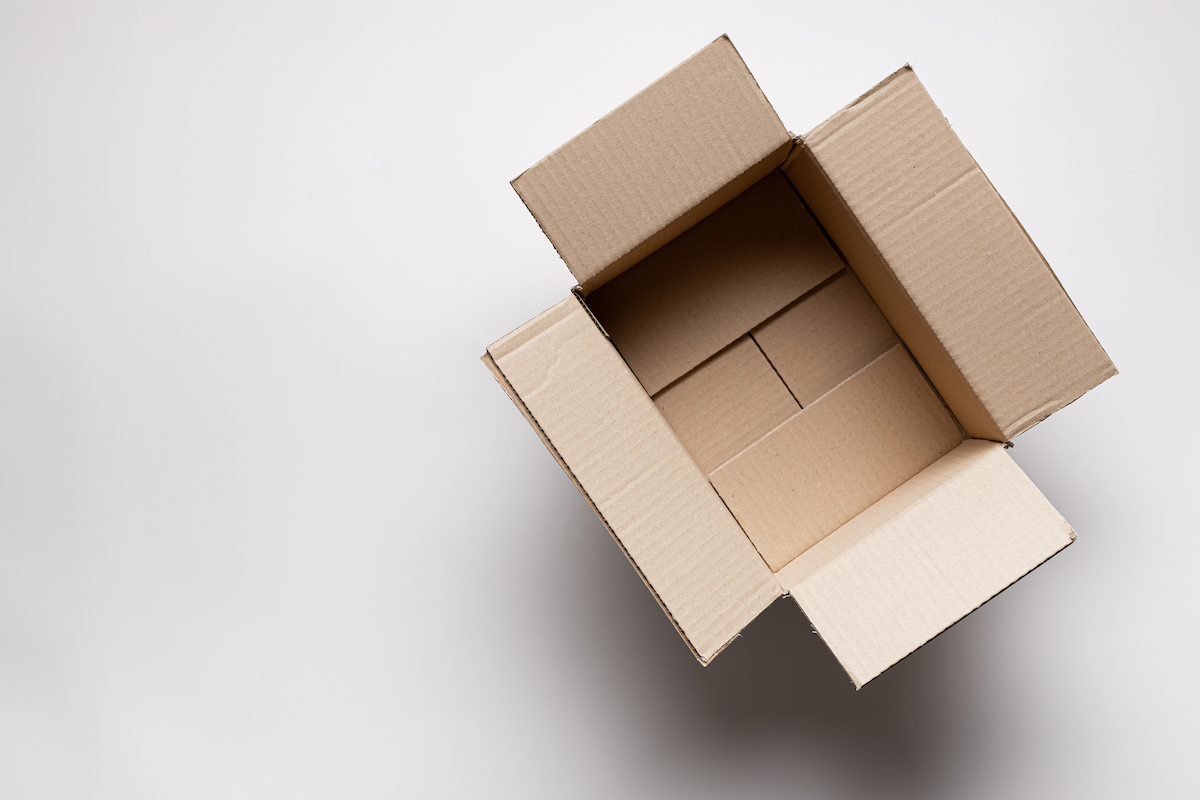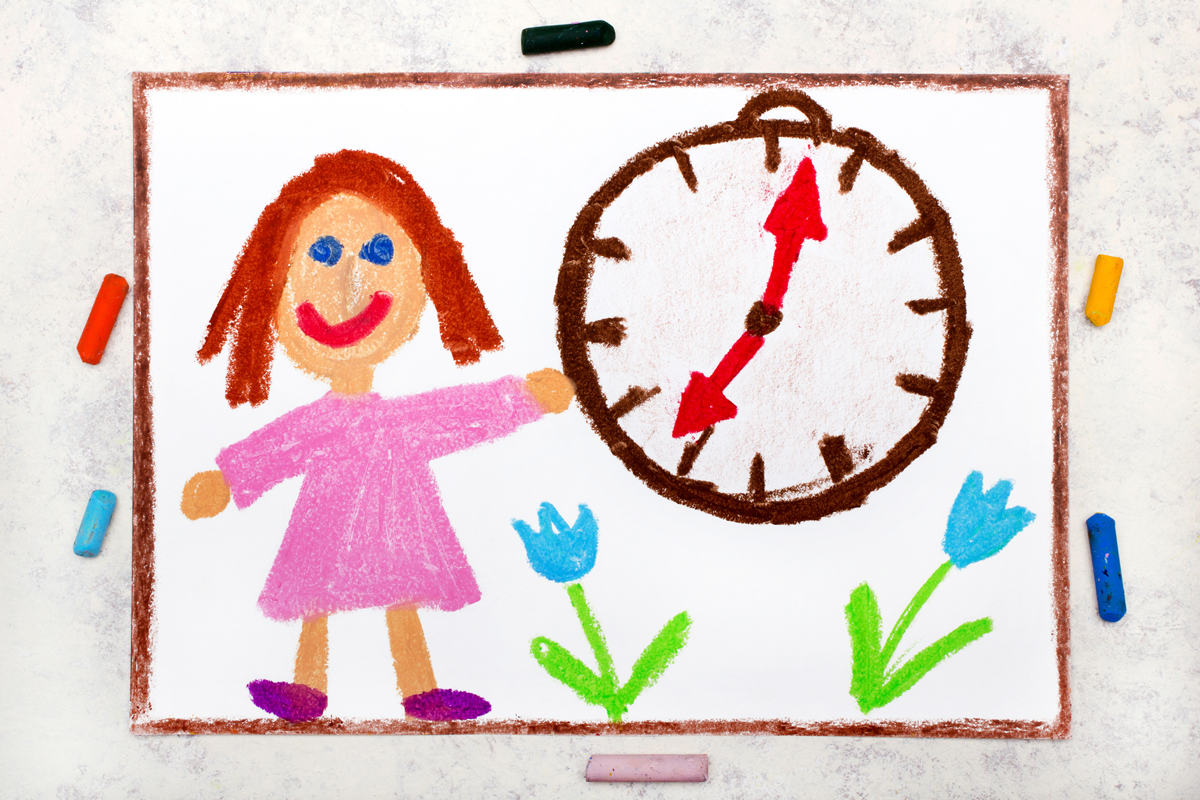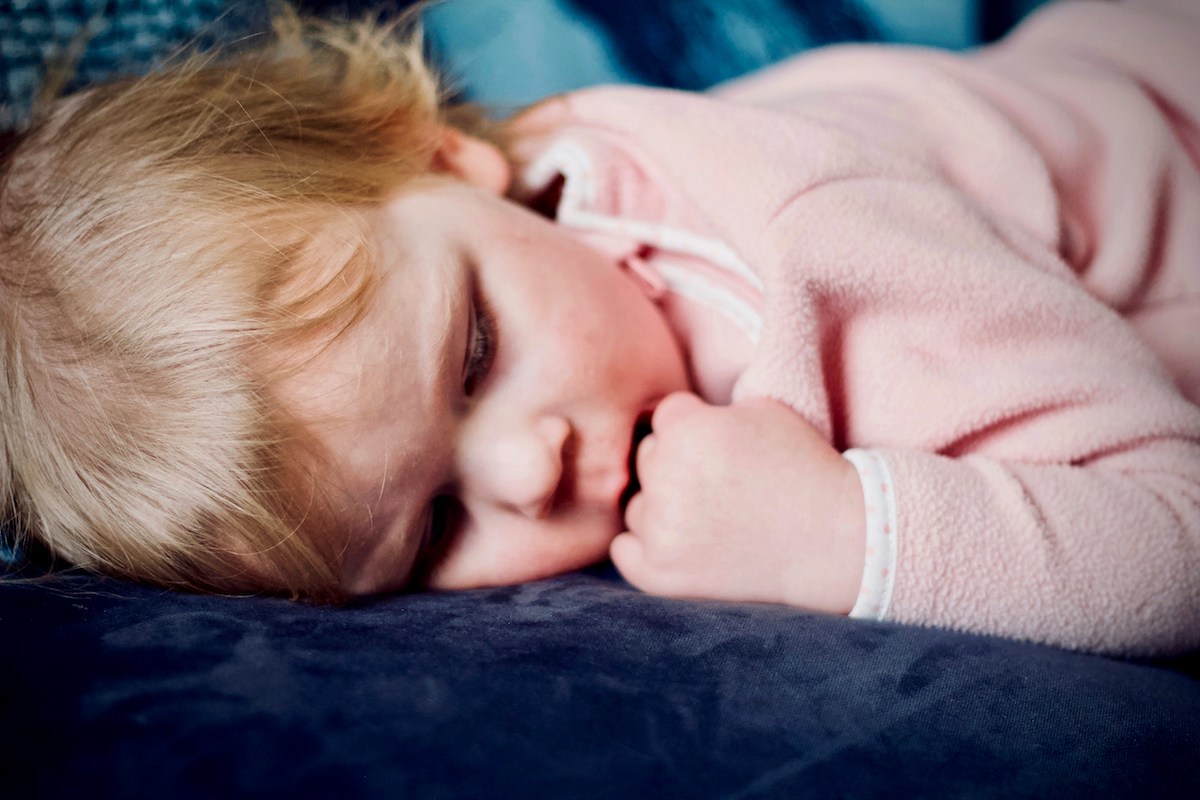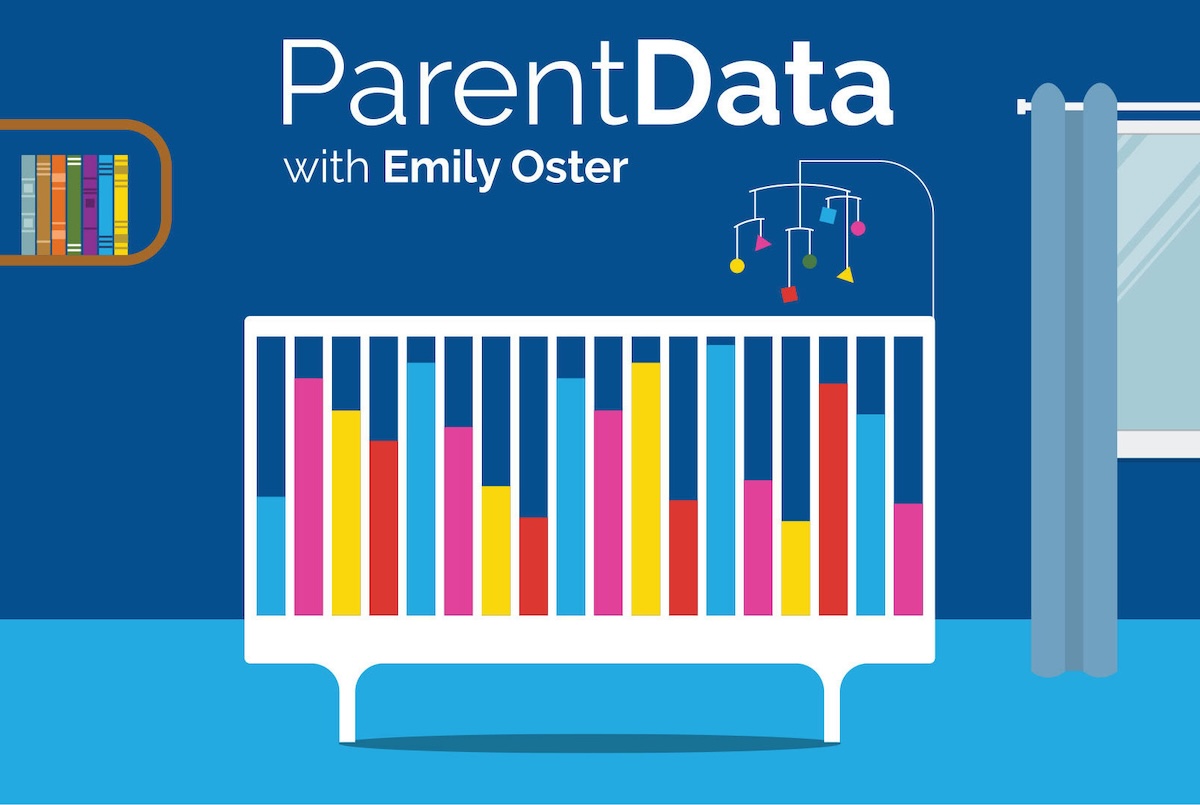Our almost-3-year-old has never been a good sleeper. So much so that my husband switched careers and I left the workplace for the moment to cope. She currently sleeps about 9.5 hours a day, mostly all at night. She also wakes frequently at night. It makes it difficult for me to get enough sleep even though I try to directly get ready for bed after she finally falls asleep. Is it likely she’ll sleep even less as she gets older? I’m worried we’ll have a 5-year-old who sleeps seven hours at night and done.
Our pediatrician is not worried about her development, but I’m worried about my mental health and physical exhaustion, especially since we’ve gone through recent periods where I regularly got less than five hours of sleep for extended periods of time. I know she’ll also gain more independence as she gets older, but we also want a two-child family, and the coming years of utter sleep exhaustion seem so daunting.
—Mom tired of being so incredibly tired
First, let me just extend sympathy here. I do not think we acknowledge the toll that sleep loss can take on parents — your message makes it stark. Sleep deprivation is literally a form of torture, and regularly not getting enough sleep has enormous mental and physical health tolls.
There are two ways to look at this issue. One is to ask whether it is a problem for your child. It may or may not be. The average preschooler needs 10 to 13 hours of sleep a day, most of which should be at night. But there is a wide range of “normal” even outside of this. If your child doesn’t seem tired during the day, she may be getting enough sleep for her needs. And your pediatrician may be right to reassure you. So that’s good news.
However: that does not mean this is not a problem. It definitely is a problem, so let’s think about how to fix it.
Very generally, the advice here is to think about where you want to get to, establish a routine, and implement that routine with extreme consistency. My guess is that where you want to get to is something like: your child goes into her room for bedtime at 7:30 p.m. and you do not see her until 6:30 a.m. Yes, she might not be sleeping that entire time, and you can think about what rules there should be for what she can do on her own.
The question is how to get from here to there. I spoke with Jessica Berk, a sleep consultant, about her work with families with exactly these problems. In the conversation, Jessica and I talked about establishing a bedtime routine and then, once it’s lights-out, enforcing that they sleep alone.
This may give you some ideas about what to do, but given where you are on this, you might also be open to bringing someone in to help you fix the problem. It will not be an overnight fix, but kids can change their habits surprisingly fast, and … think about how great it would be to sleep. For you as a person and as a parent.


















Log in
A visual alarm clock will (hopefully!) change your life. Our almost-four-year-old has long just barely hit the sleep minimum of 10 hours a day, and though she’s usually out once she’s out, it was still killing us. Right around her third birthday we introduced a cheap visual alarm clock that turns green when it’s okay to wake Mommy and Daddy, and she figured it out really quickly. (“Really quickly” = a week or two for the basic concept; a bit longer for true consistency.)
Now that we’ve moved her bedtime back, too, she usually only wakes up 30-45 minutes before what we consider an acceptable hour, but even on days when she wakes up 90 minutes before the bear turns great, she just happily plays in her room. Often we can hear her singing or talking, but she almost never bothers us. (She has her own portable potty there, FYI)
Good luck!
I’m so so sorry you’re going through this. I know your pain! Have you considered taking your child to a sleep specialist? My son’s pediatrician kept saying his sleep problems were within the range of normal but my gut told me that wasn’t true. Turns out he had sleep apnea and had to get his adenoids removed, he also has chronic low ferritin so anytime his ferritin levels dip below 50 he struggles with restless leg syndrome and periodic limb movement disorder. We had to do a sleep study and blood tests to diagnose this. He was only 18 months at the time so it’s never too early to look into physiological causes. As soon as he got his adenoids out he was like a different kid. Much less hyperactive and moody during the day. The low ferritin has been a longer, but more manageable, battle. I hope you find something to help your child and your family!
I remember how difficult this was with our first child. Being our first, I often wondered and was told by others that we were probably doing something wrong that he wasn’t sleeping. It was helpful to see that our second slept just fine and that it wasn’t what we were doing. And his case, he had an inherited sleep apnea, which was diagnosed in his teens, and we were told that he had likely had his whole life. we experimented a lot when he was young, and a few things that worked the best for us – we set up a toddler, sleeping bag with pillow and blanket right next to my side of the bed and told him that he could come in and slip into you the sleeping bag at any time during the night if he didn’t wake us up. Many mornings, I would find him curled up asleep beside me. another thing that worked for a while have a shoebox of activities. Buy his bed that he could play with if he woke up in the middle of the night. My son especially liked drawing on paper and he would frequently make up very creative stories which he would tell us in the morning. Another thing that was helpful was having a child friendly CD player with bedtime stories that he could play whenever he wanted. I especially like the ocean dreams cd for kids. I hope you find some thing that works for you!
I can sympathize so much with this post. My 3-year old daughter is the same way. I’ve read sleep books, taken online classes, tried sleep training and other ways of putting the takeaways into practice, plus we have had a very consistent bedtime routine for her since she was a baby. She sleeps the bare minimum for her age and has only “slept through the night” (i.e., more than a few hours at a stretch) a handful of times her whole life. I don’t know if it would help your daughter, or if it is something that would work for your family, but the only thing that has helped for us is bringing her into our bed when she has her first wake up to spend the rest of the night there. I reached my limit when I had a day where the long-term sleep-deprivation led me to feel like I was driving drunk, running a red light accidentally, etc. With my daughter in our bed, she still doesn’t sleep for a long time (9-10 hours on average, usually only at night, like your daughter), but her wake ups are generally very short and I can get enough sleep to function and even feel rested most days. It has been a game changer for me, as the parent who does bedtime and is woken first when my daughter gets up in the night. It’s easy to feel like we’re doing something wrong as parents when all the tips and tricks that seem to work for other kids don’t work for ours, so it’s so validating to hear a similar situation. Thank you for sharing and hope it gets better soon 🧡
I really recommend The Rested Child by Dr Chris Winter. He’s a neurologist so the book starts with a wonderfully explained overview of how sleep works, how it changes over the lifetime, and what is perhaps indicative of underlying sleep disorders. He also addresses common parent
fears connected to sleep that can inadvertently drive child anxiety about sleep. Great strategies to apply to your particular household around wake time and promoting sleep whether your kid is a long sleeper or a short sleeper. He’s well respected in the sleep science field and is funny and compassionate.
Mother of a very wakeful, sleepless 3 yr old here, it is brutal, so just wanted to offer some sympathy.
Just wanted to say, if her wake ups are unhappy in the night, and frequent, I would bear in mind that there might be something medical going on, of the nebulous, hard to get a handle on, variety. My daughter is autistic, and her verbal communication is very limited, so this has been trial and error, but we’ve found most of her wake ups are caused by: her skin itching (because of poor management of eczema – it can wake her even when it doesn’t look red); dietary intolerances leading to tummy pain/ gas; and anxiety – if she’s been overstimulated or stressed in the day, the night will be bad too. Managing this stuff well, we’ve managed to go from 6-7 shouty wake ups, to 3 calm ones a night, and I feel like a human being for the first time in 3 years. We bedshare with her for most of the night, which makes this manageable for us, but I fully understand that that isn’t for everyone.
Also, one wakeful kid doesn’t mean a second one will be. My son is 2, was parented in exactly the same way, and he sleeps through, on his own in his own room, most nights.
When my brother was 5 or 6 he was an extremely early riser, so my mom bought a cheap analog clock, pulled the cover off of it and colored in the hours from 4 a.m. to 7 a.m. and told him that as long as the short hand was in the red zone, he had to let everyone keep sleeping but he could play quietly by himself in his room (exceptions obviously for bathroom and emergencies, and if one of them got up early). Not sure how effective this is for a toddler but maybe something similar would help!